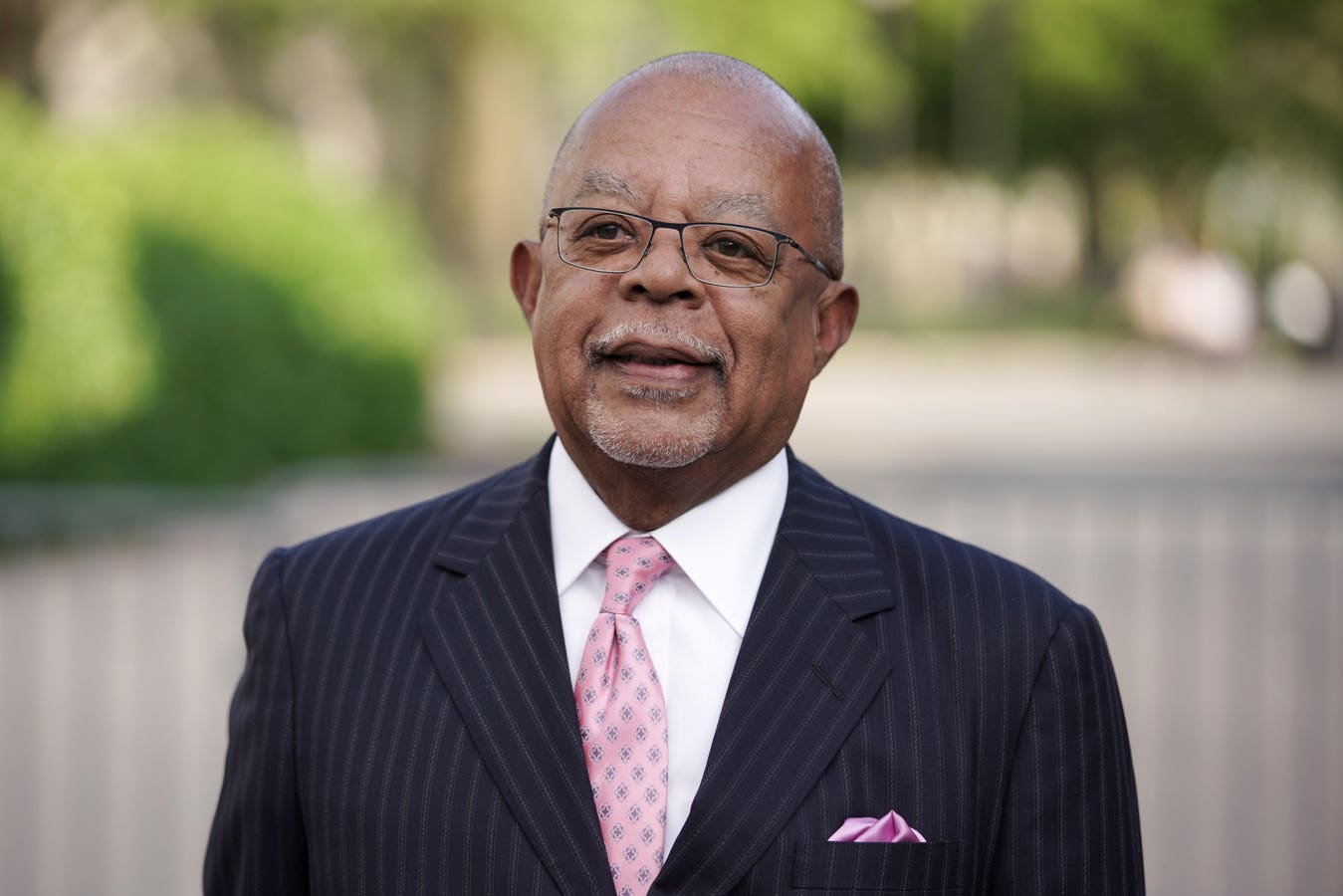Henry Louis Gates Jr. is one of the recipients of a 2024 Barry Award, given by the American Academy … [+]
The American Academy of Sciences and Letters has announced the 10 recipients of this year’s Barry Prize, which is awarded to scholars at American colleges and universities for distinguished intellectual achievement in the arts, sciences and learned professions.
An annual award, the Barry Prize “honors those whose work has made outstanding contributions to mankind’s knowledge, appreciation, and cultivation of the good, the true, and the beautiful.” Barry Award winners receive a cash prize of $50,000 and also become members of the Academy.
The 2024 Barry Awards were given to:
Akhil Reed Amar, Sterling Professor of Law and Political Science at Yale University, where he teaches constitutional law to both undergraduate and graduate law students. His award citation recognizes him “as one of the most cited legal scholars of all time, as well as a major contributor to the public understanding of constitutional law.”
Gary A. Anderson, Hesburgh Professor of Catholic Thought at the University of Notre Dame. Anderson focuses on the religion and literature of the Old Testament/Hebrew Bible, with a special interest in the reception of the Bible in Judaism and Christianity.
Marianne Bertrand, Chris P. Dialynas Distinguished Service Professor of Economics at the University of Chicago School of Business. An applied micro-economist, Bertrand conducts research in the fields of labor economics, corporate finance, political economy and development economics.
Nicholas A. Christakis, Sterling Professor of Social and Natural Sciences, with appointments in the Departments of Sociology; Statistics and Data Science; Ecology and Evolutionary Biology; Biomedical Engineering; Grass; and Yale University School of Management. Christakis focuses on research in the fields of sociology, computer science, statistics, behavioral genetics, evolutionary biology and epidemiology,
Brian Conrad, who is a professor of mathematics at Stanford University. His research focuses on the interface of number theory and algebraic geometry.
Henry Louis Gates, Jr., Alphonse Fletcher University Professor and director of the Hutchins Center for African and African American Studies at Harvard University. An award-winning filmmaker, author and cultural critic, Gates has made “outstanding contributions to humanity’s growing capacity to recognize and rise from various forms of literary excellence.” according to the AASL citation.
Jeannie Suk Gersen, John H. Watson, Jr. Professor of Law at Harvard University, studies the difficulty of doing justice and protecting personal freedoms in areas such as artistic expression, speech, cultural identity, pedagogy, psychological trauma and intimate violence.
William Chester Jordan, who is Emeritus Professor of History at Dayton-Stockton and director of the Program in Medieval Studies at Princeton University. His research on medieval Europe has included analysis of the Great Famine, the Crusades, the treatment of Jewish populations, the contributions of women to premodern economies, and the legal systems of medieval monarchies.
Karin Öberg, Thomas Dudley Cabot Professor of Natural Sciences at Harvard University, specializes in astrochemistry, studying how chemical processes affect planet formation.
Megan Sykes, Michael J. Friedlander Professor of Medicine, professor of microbiology and immunology, professor of surgical sciences, and director of the Columbia Center for Translational Immunology at Columbia University. She was recognized for “discovering basic immunology and bringing her discoveries to clinical application” in conditions ranging from blood cancers to type I diabetes.
Barry Award recipients were honored at an investiture ceremony on October 23 at the Library of Congress in Washington, DC AASL presented the first Barry Awards last year when the Academy was launched and its inaugural members were inducted. In addition to its awards, AASL seeks to recognize the importance of excellent scholarship and to protect “the intellectual rigor and diversity of American colleges, universities, and public intellectual discourse.”
